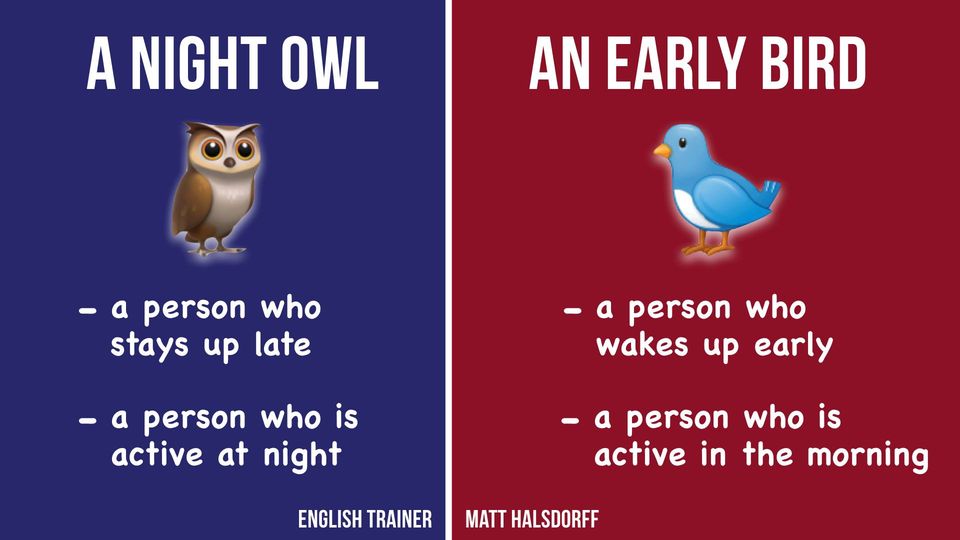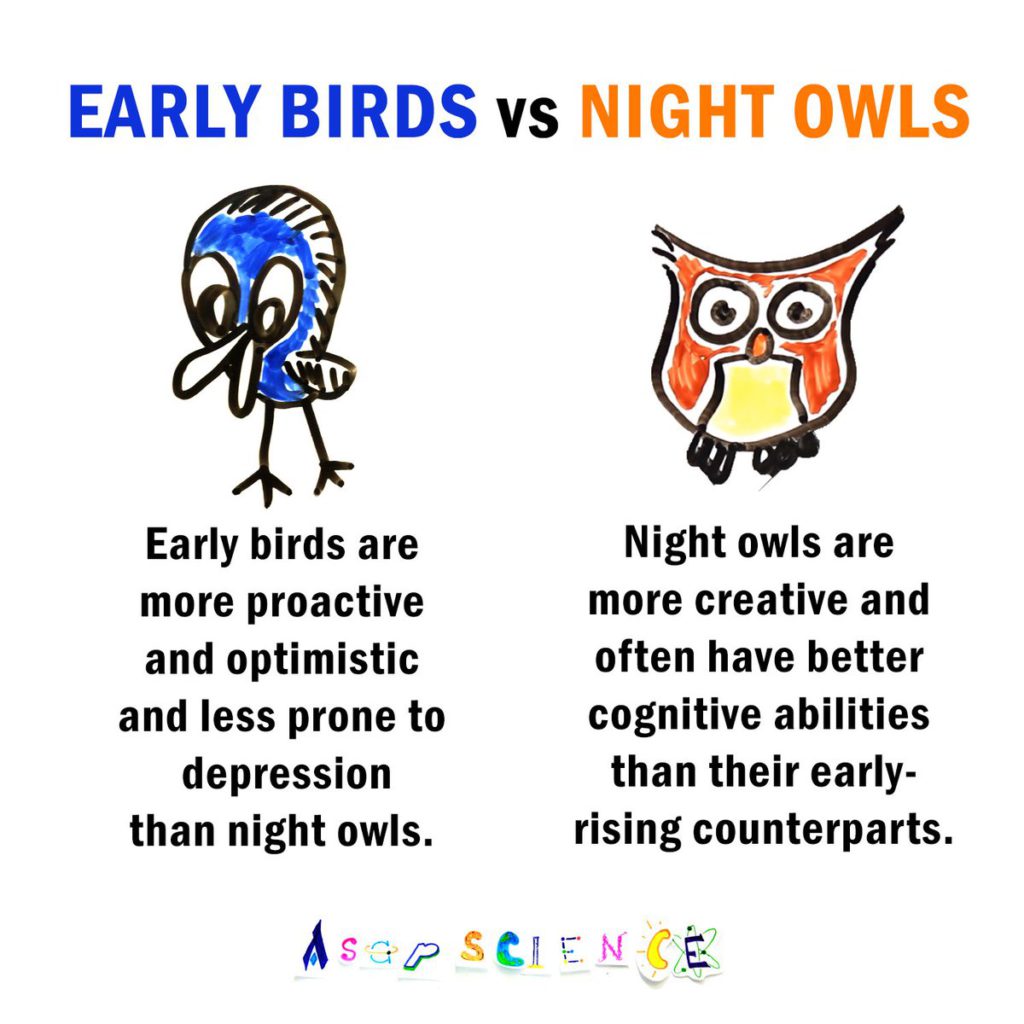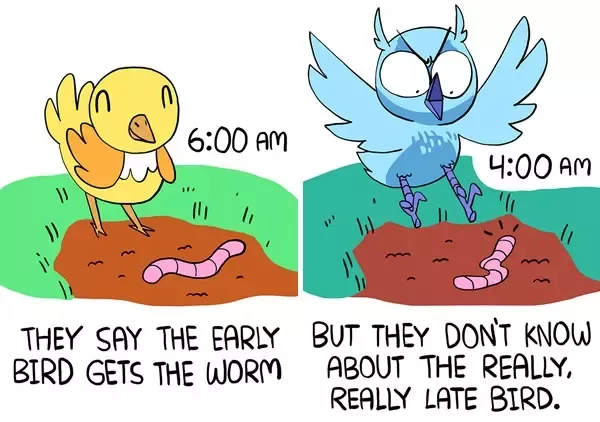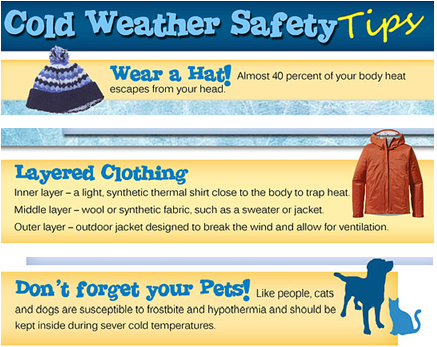
Information Technology (IT) now dominate our lives. We use computers, the internet, mobile phones, scanners and printers to make our lives a lot easier. We have increased dependence on them, and most of us are not able to get by on a day-to-day basis without them as well. There is nothing more frustrating than when a computer isn’t working properly (e.g. when you can’t move the cursor – the arrow, on the screen) or isn’t working at all.
We will look at the vocabulary connected to computers and laptops (portable computers) when they have problems and ways to solve/fix them.
Read the following conversation between Juan and Peter. Peter is having problems with his laptop before giving a short Power Point presentation in a meeting.
From the context, try to guess what the meaning of the words/phrases in bold are. Then do the quiz at the end to check if you are right.
Juan: ‘What’s happening Peter, you look frustrated?’
Peter: ‘My laptop won’t turn on. It was working before, I don’t know what’s wrong!’
Juan: ‘Is it plugged in?’
Peter: ‘Yeah, I have connected it to the electricity, but that shouldn’t be important because the laptop’s battery still has charge or power.’
Juan: ‘Are you sure that the socket in the wall has power? Try to plug it into another socket.’
Peter: ‘I’ve tried that already and the socket has power. I thought that there may be a problem with the power cable, but it’s working fine with the other laptop here.’
Juan: ‘I had a problem with my desktop computer last year where the wires had come loose in the power cable. So I had to replace the power cable. You can use my laptop to show it.’
Peter: ‘Thanks Juan, but I only saved the presentation to my hard drive. So I can’t show the presentation on your laptop.’
Juan: ‘Can you remember when I had that problem with my laptop in July. When suddenly the screen froze and the laptop wouldn’t respond when I pressed any of the keys on the keyboard or when I moved my finger on the touch pad. Sometimes it recovered and I could continue to use the application, but other times it crashed and stopped working completely. So, I had to reboot the laptop. It was so frustrating, because I sometimes lost all of the work I’d been doing. Then the application didn’t load at all, so I couldn’t even use it then. The technician told me it was a software fault with the application. So he just reinstalled the application and it’s been working fine.’
Peter :’I’m happy for you, but I don’t have any power to the laptop, so it’s not a software fault. It seems like a hardware fault.’
We’re now going to work on an online quiz, which will give us a definition/description of each of the words/phrases in bold from the above text. Fill in the blanks with one of these words/phrases in bold. Only use one word/phrase once and write it as it is in the text. Click on the “Check Answers” button at the bottom of the quiz to check your answers.
Okay! I think it’s very important for us to know how to talk about that, although I truly hope none of these problems happen to you! 😉
Related lessons are: Remote classes and A ‘dead’ battery?
If you want additional work on computer problems, check this good listening lesson.








